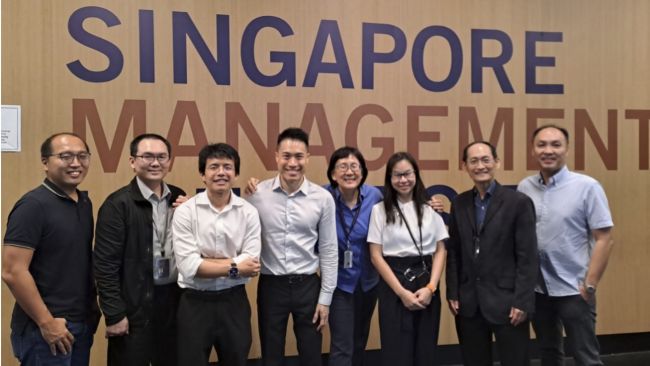
SMU’s Co-Curricular Transcript wins Gold at QS Reimagine Education Awards 2025
Published onSMU’s Co-Curricular Transcript won Gold at QS Reimagine Education Awards 2025, setting a new standard for graduate employability and holistic development. Discover how CCT empowers students.
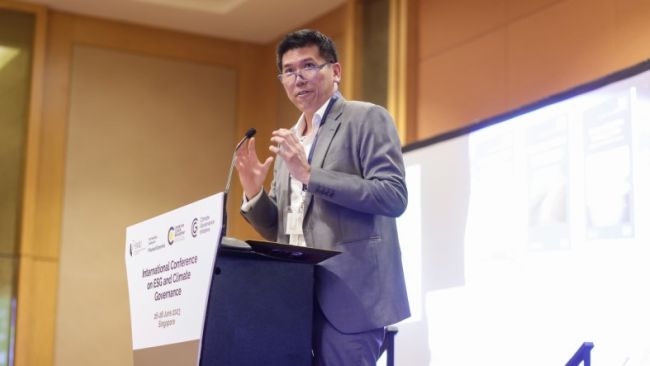
SMU a partner for the inaugural International Conference on ESG and Climate Governance
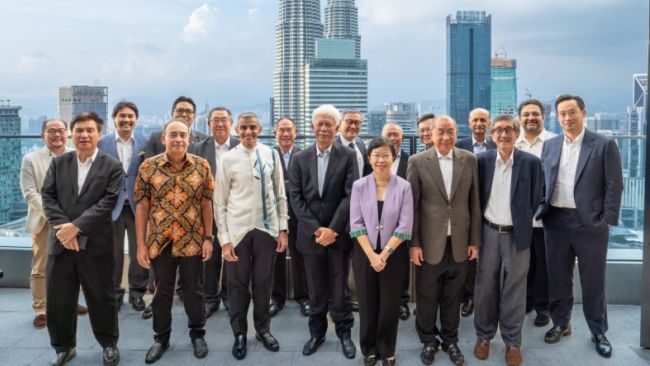
Representatives from SMU’s staff and faculty hosted guests from the SMU International Advisory Council (IAC) Malaysia, as well as friends from various industries for a dinner in Kuala Lumpur on 24 May 2023. Among the esteemed guests were HE Vanu Menon, Singapore High Commissioner to Malaysia, as well as CEOs and Chairpersons from key sectors.
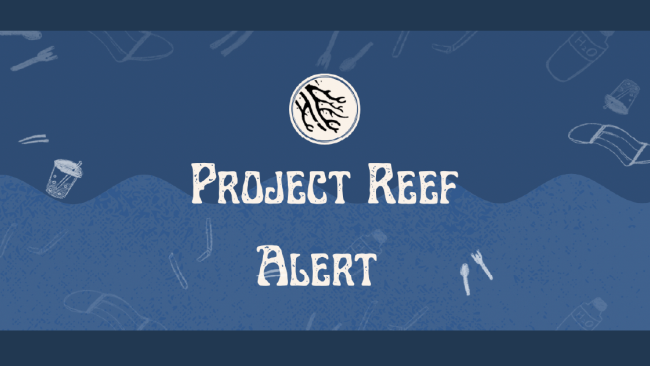
The sea surrounds Singapore and is fundamental to its existence as an entrepôt port – and its health supports our own lives. Project Reef Alert, active since 2004, is one of SMU’s student-led Overseas Community Service Projects that focuses on marine conservation and is a part of SMU’s commitment to sustainability efforts. It is one of SMU’s community service projects generously supported by donations from Equinix.
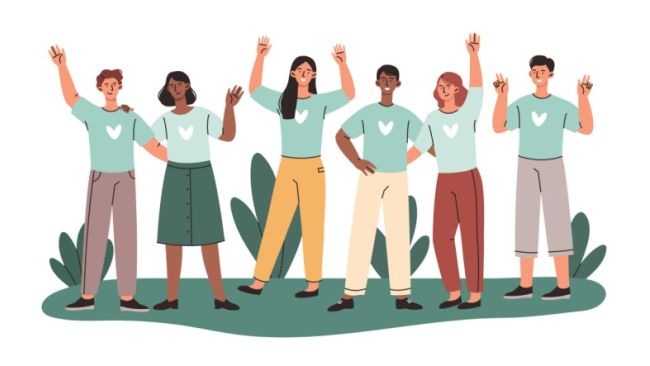
SMU Study: Framework needed to raise the bar for quality volunteer experience Depending on the stage of life that they are at, volunteers can have starkly different resources, responsibilities, and even motivations. Hence, social service agencies (SSAs) need to learn more about volunteers and match their experiences and expectations to the volunteer tasks.
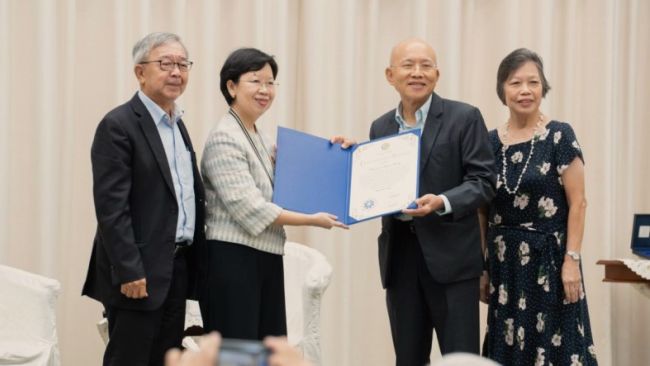
Twenty years of mutual support and understanding culminated on 29 May 2023, when SMU President Professor Lily Kong was conferred the esteemed Soka Gakkai Singapore (SGS) Friendship Award following the SGS Peace Lecture 2023.
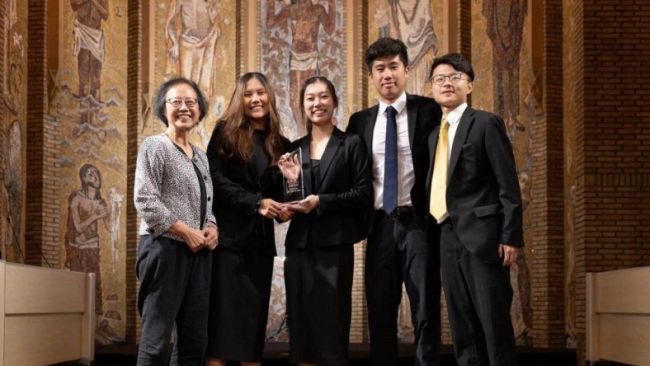
A superior airline customer-service journey put Team Cognitare, SMU’s business-case club, in line to win the title of “Global Champions” in the renowned International Case Competition@Maastricht (ICC@M) held in the Netherlands.

On 22 April 2023, as the world came together on World Earth Day to recognise the importance of positive environmental impact, SMU reinforced its commitment to sustainability to drive positive change.
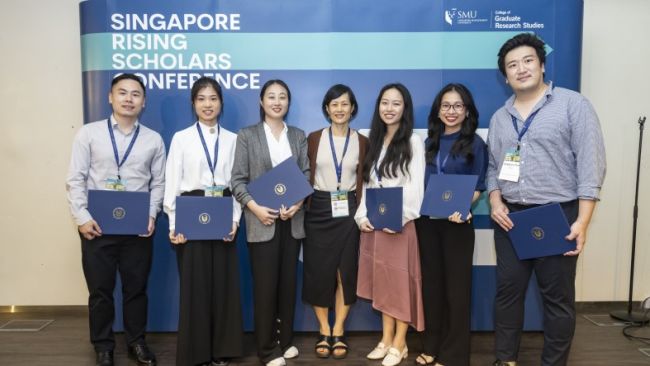
Inaugural Singapore Rising Scholars Conference held on 5 May 2023.

In April, Associate Professor Winston Chow was nominated by the Singapore Government for a highly significant post on the global Intergovernmental Panel on Climate Change (IPCC) Bureau.

To equip arts professionals with cutting-edge skills to stay ahead in a rapidly evolving industry, SMU Academy, and the Nanyang Academy of Fine Arts (NAFA) have announced a partnership to offer two advanced certificate programmes.
